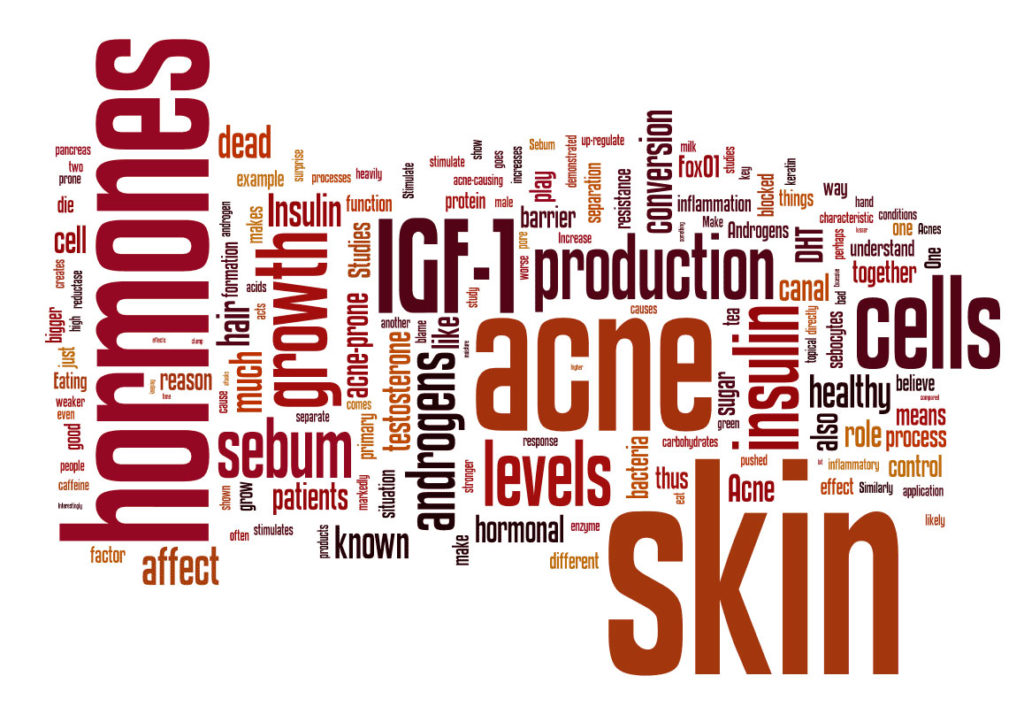The human body is a complex network of interconnected systems, and one crucial aspect of this intricate web is the relationship between oral health and gut health. While it may seem surprising, research has shown that the health of your teeth and gums can significantly impact the balance of bacteria in your gut, also known as the gut microbiome. This article will explore the fascinating connection between your teeth and your gut microbiome and how maintaining good oral health can contribute to overall well-being.
The Importance of a Healthy Gut Microbiome
Before we delve into the connection between your teeth and gut health, let’s first understand the significance of a healthy gut microbiome. The gut microbiome is a collection of trillions of microorganisms, including bacteria, fungi, and viruses, that reside in your digestive system. These microorganisms are crucial in various bodily functions, such as digestion, metabolism, immune system regulation, and even brain health.
A diverse and balanced community of beneficial bacteria characterises a healthy gut microbiome. These bacteria help break down food, produce essential nutrients, and protect against harmful pathogens. However, an imbalance in the gut microbiome, known as dysbiosis, can lead to various health issues, including digestive problems, inflammation, and even mental health disorders.
The Oral Microbiome and Gut Flora: A Coordinated Dance
Now that we understand the importance of a healthy gut microbiome let’s explore the intricate connection between the oral microbiome and gut flora. The oral microbiome refers to the diverse community of microorganisms that reside in your mouth, including bacteria, viruses, and fungi. Your mouth acts as the gateway to your digestive system, making the oral microbiome a crucial player in maintaining overall gut health.
During pregnancy and birth, the baby’s gut gets its first exposure to microbes as it passes through the mother’s vaginal canal. Once born, breastfeeding further contributes to the colonisation of the baby’s gut with beneficial bacteria from the mother’s gut. Interestingly, these beneficial bacteria are also present in the mother’s oral microbiome and are transferred to the baby’s mouth through breastfeeding.
As the baby grows and develops, the oral microbiome continues to shape the gut microbiome. Every time the child swallows, the oral microbiota are sent to the gut, contributing to the seeding and development of the gut microbiome. This early interaction between the oral and gut microbiomes sets the stage for long-term health and immune system development.
How Your Teeth Affect Your Gut Microbiome
Now, let’s explore how the health of your teeth and gums can impact the balance of bacteria in your gut microbiome.
Gum Disease and Gut Health
Gum disease, also known as periodontal disease, is a common condition characterised by inflammation and infection of the gums. It is primarily caused by the buildup of plaque, a sticky film of bacteria that forms on the teeth. If left untreated, gum disease can lead to tooth loss and has also been linked to various systemic health issues, including cardiovascular disease and diabetes.
Research has shown that individuals with gum disease often have an imbalance in their oral microbiome, with an overabundance of disease-causing bacteria. These harmful bacteria can enter the bloodstream through inflamed gum tissue and travel to other parts of the body, including the gut. Once in the gut, these bacteria can disrupt the balance of the gut microbiome, leading to dysbiosis and associated health problems.
Tooth Decay and Gut Imbalances
Another way your teeth can impact your gut microbiome is through tooth decay. Tooth decay occurs when the protective enamel of the teeth is damaged by acid produced by bacteria in dental plaque. This acid attack can lead to the formation of cavities, which, if left untreated, can cause pain, infection, and even tooth loss.
When tooth decay is present, the bacteria responsible for the decay can also enter the gut through swallowing. These bacteria can disrupt the balance of the gut microbiome, contributing to dysbiosis and potentially leading to further health issues.
The Gut-Brain Axis and Oral Health
The connection between your teeth and gut microbiome goes beyond the physical health of these systems. Emerging research has highlighted the importance of the gut-brain axis, a bidirectional communication network between the gut and the brain. The gut microbiome plays a crucial role in this axis, influencing brain function and mental health.
Interestingly, research has shown that oral health, particularly gum disease, increases the risk of mental health disorders such as depression and anxiety. This could be due, in part, to the disruption of the gut microbiome caused by oral bacteria entering the gut and affecting the gut-brain axis.
Maintaining a Healthy Teeth-Gut Connection
Now that we understand the connection between your teeth and gut microbiome let’s explore some practical steps you can take to promote a healthy teeth-gut connection.
- Practice Good Oral Hygiene
Maintaining good oral hygiene is essential for preserving the health of your teeth and gums. Brush your teeth at least twice daily with toothpaste, floss daily to remove plaque and food particles from between your teeth, and visit your dentist regularly for check-ups and cleanings. We offer a unique toothpaste that goes beyond the conventional to help balance the dental microbiome; inquire with us.
- Eat a Balanced Diet
A balanced diet rich in fruits, vegetables, whole grains, and lean proteins is beneficial for your overall health and oral and gut health. Avoid excessive consumption of sugary and processed foods, as these can contribute to tooth decay and disrupt the balance of your gut microbiome.
- Consider Probiotics
Probiotics are beneficial bacteria that can help restore and maintain a healthy balance in your gut microbiome. While most research has focused on probiotics for gut health, emerging evidence suggests that certain oral probiotics may also benefit oral health by promoting a balanced oral microbiome. Consult with your dentist or healthcare provider to determine if oral probiotics are right for you.
- Manage Stress
Stress can have a significant impact on both your oral and gut health. Chronic stress can lead to teeth grinding, jaw clenching, and an increased risk of gum disease. Additionally, stress can disrupt the balance of your gut microbiome, contributing to dysbiosis. Engage in stress-reducing activities such as exercise, meditation, and hobbies to promote overall well-being.
- Stay Hydrated
Drinking adequate water throughout the day is essential for maintaining saliva production, which helps wash away bacteria and food particles from your mouth. Saliva also contains beneficial compounds that contribute to oral and gut health. Aim to drink at least eight glasses of water daily to stay hydrated and support a healthy teeth-gut connection.
The Intricate Dance Between Your Teeth and Gut Microbiome
In conclusion, the connection between your teeth and gut microbiome is a fascinating and intricate dance. Maintaining good oral health is crucial for a beautiful smile and promoting a balanced gut microbiome and overall well-being. By practising good oral hygiene, eating a balanced diet, considering probiotics, managing stress, and staying hydrated, you can support the health of both your teeth and gut microbiome. Remember, a healthy smile starts from within!
Additional Information: The gut microbiome is a dynamic ecosystem influenced by various factors, including genetics, diet, lifestyle, and environmental exposures. While this article focuses on the impact of oral health on the gut microbiome, it is essential to recognise the multifaceted nature of gut health and consider all contributing factors for optimal well-being. We offer Complete Microbiome Mapping Profile testing to look at the gut’s microbiome in detail.




